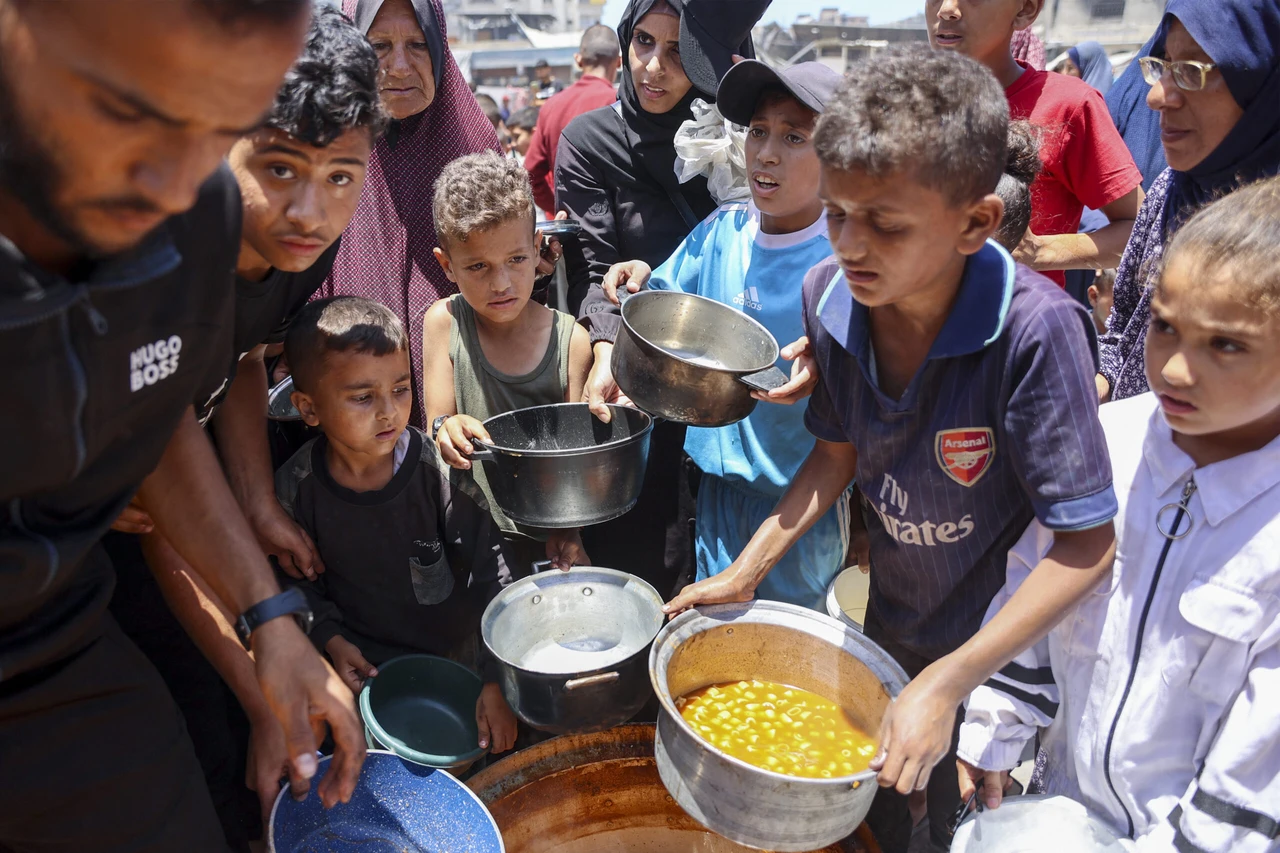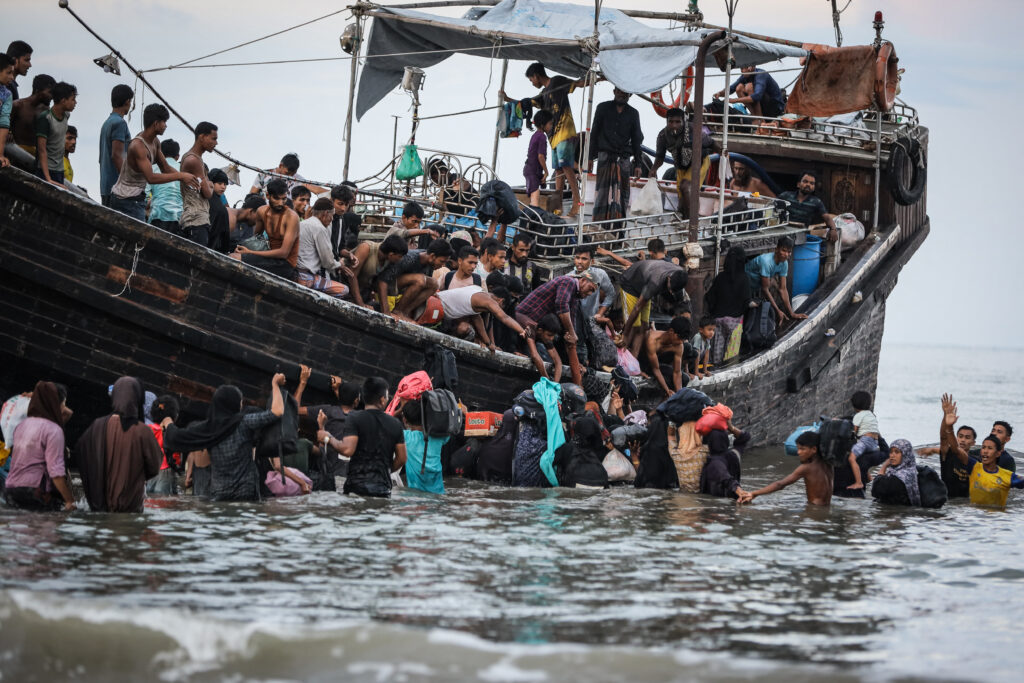UN announces $47B humanitarian aid appeal for 2025, indicating 305M people under risk
 Children line up to receive food at a UN Relief and Works Agency for Palestine Refugees (UNRWA) school in the Jabalia camp for Palestinian refugees in the northern Gaza Strip, Palestine, Jun. 17, 2024. (AFP Photo)
Children line up to receive food at a UN Relief and Works Agency for Palestine Refugees (UNRWA) school in the Jabalia camp for Palestinian refugees in the northern Gaza Strip, Palestine, Jun. 17, 2024. (AFP Photo)
The United Nations (U.N.) urges member states to contribute the $47 billion humanitarian aid appeal, reporting that 305 million people globally, especially in Africa, will require humanitarian assistance.
The U.N. Office for the Coordination of Humanitarian Affairs (OCHA) launched its Global Humanitarian Overview (GHO) for 2025, on Wednesday (Dec. 4). The appeal seeks to provide life-saving aid in 33 countries and nine refugee-hosting regions, OCHA said in a statement.
“In a world on fire, the most vulnerable —children, women, people with disabilities and the poor—are paying the heaviest price,” said Tom Fletcher, the under-secretary-general for humanitarian affairs and emergency relief coordinator.
“We must reset the world’s relationship with people in direst need,” Fletcher said, adding that a new level of global solidarity as well as “bold political action” is needed to not only fully fund these appeals but also to uphold international law.
43% of 2024 humanitarian appeal met
Armed conflicts have led to the forced displacement of nearly 123 million people worldwide, while climate-induced disasters are exacerbating the crisis, ravaging communities, disrupting food systems and triggering mass displacement, according to the GHO.
Meanwhile, prolonged conflicts are intensifying in brutality, with widespread violations of international humanitarian law hampering aid efforts.
The GHO outlined plans to assist 190 million of the world’s most vulnerable people, collaborating with over 1,500 humanitarian partners.
However, funding shortages threaten critical aid delivery, the overview underlined. By November 2024, only 43% of the nearly $50 billion appeal for the year had been met, underscoring a widening gap between needs and resources.
“The consequences of underfunding are devastating,” OCHA said. In 2024, food assistance in Syria was slashed by 80%, meanwhile, in Chad, hunger levels are escalating as resources dwindle.


Protection services in Myanmar also were cut, and essential water and sanitation aid in cholera-affected Yemen diminished, the OCHA overview showed.


The overview also drew attention to the “tragic” fact that 2024 has become the deadliest year for humanitarian workers, surpassing last year’s toll of 280 deaths.
Despite these challenges, humanitarian organizations reached nearly 116 million people in 2024, it said, delivering life-saving assistance including food, shelter, health care, education and protection services.



